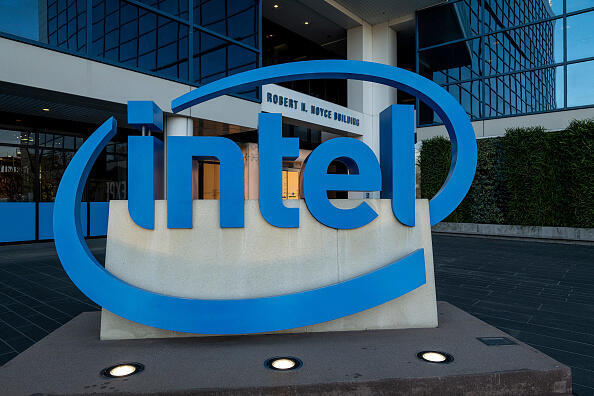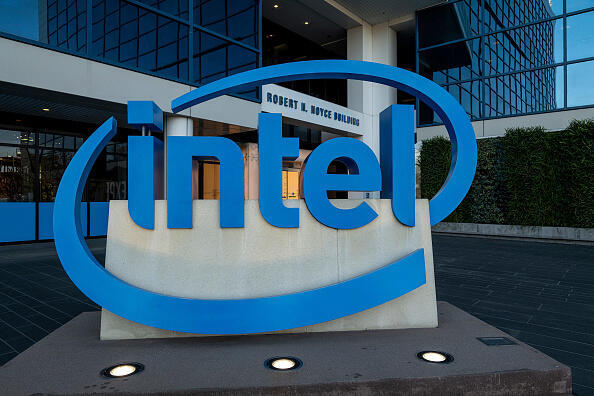
Intel races against time to complete layoffs amid financial losses
Failed Broadcom chip test threatens foundry plan as Intel looks to 2027.
Intel is set to complete its planned layoffs by the end of October, according to a report from Reuters. The company, which announced a 15% staff reduction as part of a broader cost-cutting strategy, is expected to finalize these cuts before reporting its current quarter’s earnings. This move comes as the Santa Clara-based chipmaker grapples with financial challenges and a $7 billion loss in its foundry business, which is a key part of CEO Pat Gelsinger’s turnaround strategy.
At a recent investor conference, Intel’s CFO, David Zinsner, revealed that the company’s contract chip manufacturing business will begin generating significant revenue by 2027. Intel is currently in discussions with 12 potential customers, with some revenue expected in 2026 and a larger influx projected for 2027. The company has chosen to prioritize its advanced 18A manufacturing process, shelving its 20A process in favor of focusing on the more cutting-edge technology.
However, Intel's foundry business has encountered setbacks. Sources familiar with the matter told Reuters that test wafers produced for chipmaker Broadcom through Intel’s 18A process were found to be unviable for high-volume production. Broadcom, which plays a crucial role in AI hardware development, has yet to conclude its evaluation of Intel’s manufacturing capabilities.
Despite the challenges, Intel’s leadership remains optimistic. Zinsner emphasized that the company is still on track to begin high-volume manufacturing with the 18A process next year, while Gelsinger noted that there is considerable interest from industry players in Intel’s advanced manufacturing capabilities.
Intel’s contract chip business, launched in 2021, is a central component of its turnaround plan, which also involves significant investments in factory expansion, notably in the U.S. However, the company is not expected to see substantial financial benefits from the U.S. CHIPS Act until the end of the year.
Broadcom, which has seen significant revenue growth from AI-related deals, is one of several companies evaluating Intel’s potential to support large-scale chip production. With competition from rivals like Taiwan Semiconductor Manufacturing Co. (TSMC), Intel’s future in contract manufacturing hinges on its ability to deliver reliable, advanced technology.
The company is also facing increasing pressure from investors and analysts, who expect Gelsinger and other top executives to present detailed cost-cutting plans to the board in mid-September.
Reuters contributed to this report.















